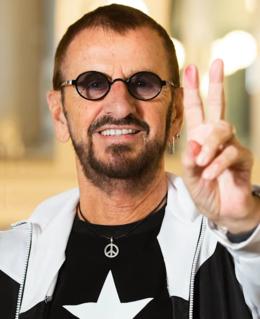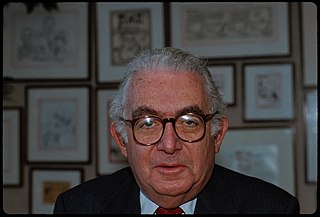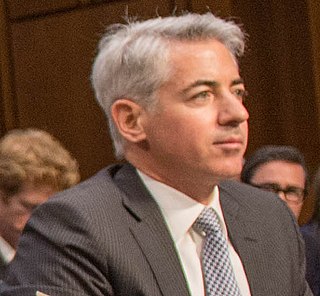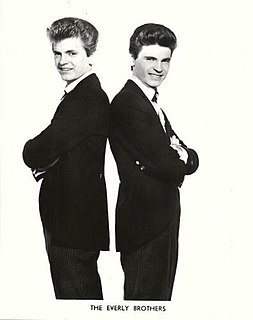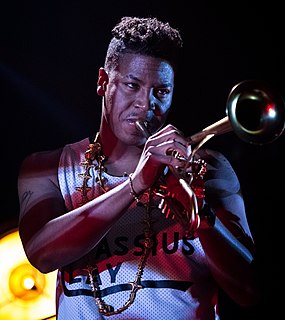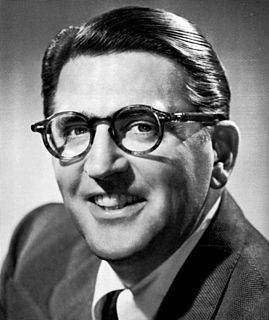A Quote by Klaus Schulze
The problem was the journalists who also did not understand much of my music, but they wrote about it. I think you fell into the usual trap laid out by parts of the press and other writers: that the poor musician has always to fight the evil companies and managers.
Related Quotes
Journalists in newspapers and in many magazines are not permitted to be subjective and tell their readers what they think. Journalists have got to follow a very strict formulaic line, and here we come, these non-fiction writers, these former journalists who are using all the techniques that journalists are pretty much not allowed to use.
Ringo: 'I do get emotional when I think back about those times. My make-up is emotional. I'm an emotional human being. I'm very sensitive and it took me till I was forty-eight to realize that was the problem! We were honest with each other and we were honest about the music. The music was positive. It was positive in love. They did write - we all wrote - about other things, but the basic Beatles message was Love.
I always think my job is like any other job. Every job has good and bad parts, and mine is to be a musician. I know why I started making music and I always knew there was no plan B. I'm passionate about it. I love being in the recording studio and researching sounds with the possibility of discovering something new. That motivates me.
As a result of overdiversification, their (active managers) returns get watered down. Diversification covers up ignorance. Active managers haven't done enough research into any of their companies. If managers have 200 positions, do you think they know what's going on at any one of those companies at this moment?
Most people define themselves by what they do - 'I'm a musician.' Then one day it occurred to me that I'm only a musician when I'm playing music - or writing music, or talking about music. I don't do that 24 hours a day. I'm also a father, a son, a husband, a citizen - I mean, when I go to vote, I'm not thinking of myself as 'a musician.'
When Phil and I started out, everyone hated rock n' roll. The record companies didn't like it at all - felt it was an unnecessary evil. And the press: interviewers were always older than us, and they let you know they didn't like your music, they were just doing the interview because it was their job.
You know I really don't like to think about the fact that I'm a girl in relation to the music industry. I was just a kid who wrote down thoughts to organize her brain and that turned into music, like any other writer or musician... so, I happen to be a girl. I don't consider that part of it really.. It may disappoint some feminists out there that I don't want to harp on women and men being equal.
What we're doing now, is to try to eradicate the limited notion of how people are interacting with each other through hyper-racialized ideas. A lot of it deal with, as an example, genre. If I ask you to visualize a trap musician or a hip-hop musician, you'll see one thing. If I say visualize a western classical musician, you'll see a very different thing. A lot of how music is disseminated to us is hyper-racialized. It's not something that we think about all the time, but if you take a minute to look back, it's why you get this argument when there's a white rapper.
I have a musician friend who, after reading Mountains, told me, "When I read the book, I wanted to quit music altogether and become a doctor." I told him, "Do you really think you can be a better doctor than you are a musician? Nobody needs you as a lousy doctor. Just be the one-of-a-kind, brilliant musician you are, and divert your success somehow to benefit the poor." You can achieve so much more this way.
Regarding The Music Man, Jay Nordlinger wrote: The Music Man (for which Willson also wrote the lyrics) is an astonishing creation. It came in a spurt of brilliance. It is shot through with originality, verve, and-why not go all the way?-genius. People love it, can't get enough of it, can't stop performing it-and they are not wrong. For closing in on a half- century now, The Music Man has been performed continually, in every American city, town, and village, and in other parts of the world as well, not excluding Peking.
Self-dealing, essentially, occurs when managers run companies to line their own pockets instead of those of the companies' owners. It's been a perennial problem in American capitalism and became a real dilemma when America moved toward a model in which corporations would be run by professional managers who had only small ownership stakes.
Just because I write some songs about bad women, though, that doesn't mean I hate women. I've written songs that show great love and respect for women too. Songs that talk about strong, upstanding women and their pain. I have women working on my music. They understand where I'm coming from. So does my mama. I always play my music for her before it comes out. Why do you think I wrote "Dear Mama"? I wrote it for my mama because I love her and I felt I owed her something deep.




